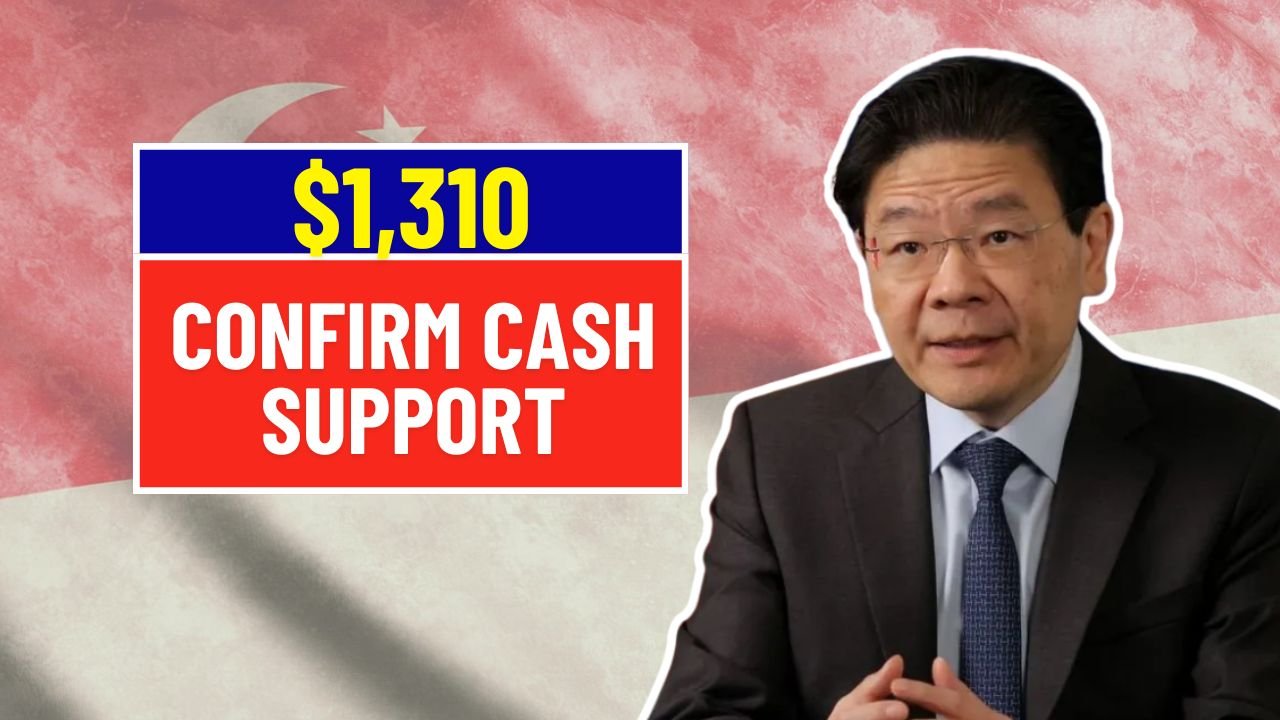In July 2025, the Singapore government will introduce a one-time payout of up to $1310 under a newly merged framework that combines the Assurance Package and the GST Voucher Scheme. This comprehensive support measure is aimed at easing the financial pressures brought on by inflation and recent tax changes, specifically targeting low and middle-income residents who face higher living costs in areas such as food, utilities, and healthcare. The initiative reflects Singapore’s commitment to ensuring timely and direct assistance to citizens who need it most.
Consolidated Structure Simplifies Access To Support
To improve the delivery of financial aid, the government has merged the previously separate Assurance Package and GST Voucher Scheme into a single unified payout. This consolidation removes confusion and streamlines the process, allowing for a more efficient and effective distribution of funds. By reducing administrative complexity and focusing on digital implementation, this approach ensures that help reaches qualified residents faster and with fewer hurdles.
Eligibility Requirements Focus On Key Economic Indicators
Citizens eligible for the payout must be at least 21 years old in 2025 and must hold Singaporean citizenship while residing in the country. The assessment for payout eligibility will be based on income earned in 2024, the type of property one lives in, and the annual value of that property. Those in smaller public housing units with lower incomes are expected to receive the full 1310 dollars, while those with higher earnings or who live in private housing may receive a reduced amount depending on their financial circumstances.
Digital Payment System Ensures Secure Disbursement

Starting from July 2025, the payout will be disbursed entirely through digital means, requiring all eligible citizens to have their Singpass accounts linked to a valid bank account. There will be no physical cheques or cash involved, as the digital approach minimizes the risk of fraud and delays. Citizens are strongly advised to review and update their account information to avoid disruptions in receiving the payment, as outdated or missing details could result in delayed deposits.
Singpass Portal Provides Real Time Payment Updates
The government has made it easy for citizens to check the status of their payout through the Singpass portal, where users can view their estimated amount, scheduled payment date, and the linked bank account for deposit. If there is any issue with the banking information, Singpass will notify the user and provide instructions for making the necessary updates. This real time tracking system is designed to ensure that citizens remain informed and confident about when and how they will receive their payout.
Automatic Qualification Removes Need For Applications
There is no need for any manual application to receive the payout, as eligibility is automatically determined using government records such as income declarations and housing data. This automated system eliminates the need for citizens to submit forms or verify their qualifications manually, offering a hassle free process that benefits everyone, especially seniors and individuals less familiar with technology.
Financial Assistance Supports Everyday Needs
The payout of up to $1310 is intended to provide meaningful financial relief that can be used toward essential living expenses such as food, healthcare, education, and household bills. It is especially impactful for households in lower income groups who may be facing increased pressure from the rising cost of necessities. By focusing on housing type and income, the payment effectively reaches those most in need, helping them maintain financial stability during uncertain times.
Initiative Reflects Shift Toward Smarter Social Support
Beyond its immediate benefits, this payout signals a broader shift in how Singapore delivers social assistance by embracing digital efficiency and user friendly policies. By merging two schemes into one and adopting a streamlined digital disbursement model, the government is laying the groundwork for future policies that prioritize accessibility, transparency, and timely delivery of support to citizens during periods of economic challenge.
